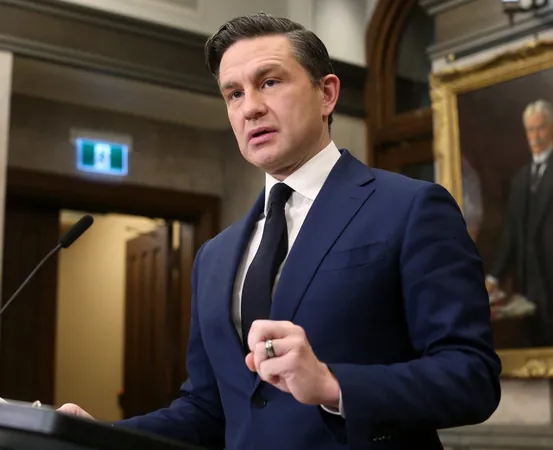
Pierre Poilievre's Bold Promise to Combat Woke Antisemitism: A Necessary Shift for Canada
2024-12-24
Author: Liam
Introduction
This week signifies a decade of Christmas celebrations under Prime Minister Justin Trudeau’s Liberal government—a tenure that some Canadians view as lacking in humility and moral conviction. Amid criticisms on all fronts, many are turning their eyes towards the opposition for a potential change in leadership. Enter Pierre Poilievre, the leader of the Opposition, who has presented a striking promise amidst the growing concerns over antisemitism and 'woke' agendas.
Poilievre’s Commitment
On Christmas Eve, Poilievre took to social media to make an unequivocal commitment: “I will defund wokism and fight antisemitism. And stand with our friends in Israel against terror.” This declaration aligns with a statement he furnished during a recent interview with the Winnipeg Jewish Review, where he articulated his plans to eliminate governmental funding to groups propagating what he describes as a "toxic woke ideology."
Critique of Trudeau Government
In his direct critique, Poilievre specifically referenced the Canadian Museum of Human Rights, emphasizing that its role should be to honor Canadian history rather than advance a partisan ideological agenda. His promise reflects a broader campaign to ensure that taxpayer money does not support entities that undermine Canada’s national identity or promote divisive ideologies.
Past Funding Issues
The leader also highlighted past actions taken by the Trudeau government, particularly regarding Laith Marouf, an advocate who was awarded over $133,000 in taxpayer funding before facing backlash for his incendiary social media comments against Jewish individuals. Poilievre vowed to prevent such missteps from recurring, emphasizing that his administration would maintain strict oversight over funding processes, ensuring that no taxpayer dollars would support antisemitism.
Policy Proposals
Moreover, Poilievre’s plan includes lifting the ban on military equipment sales to Israel, reversing the Trudeau government's controversial promises related to the Israeli leadership, and addressing the influence of the UNRWA in Canada, which has been accused of extremist indoctrination in its educational material.
National Security Concerns
With recent events escalating the threat from radical groups, Poilievre also committed to enhancing security measures for incoming immigrants, ensuring thorough vetting to exclude individuals with terrorist links. This approach aims to restore safety to Canadian streets, a pressing concern amidst increasing reports of radical protests.
Conclusion
By positioning himself as a leader of common sense, moral clarity, and robust policy changes, Poilievre is appealing directly to Canadians yearning for decisive action in confronting the issues that impact national security and social cohesion. His promises resonate with those who feel that the current administration has failed to adequately protect Canadian values and promote a unified national identity.
As Canada grapples with these challenges, the question remains: will Poilievre’s visions translate into concrete policies that resonate with voters ahead of the next election? Or will they remain empty promises in a crowded political landscape? The coming months will reveal if Poilievre can steer Canada towards a new path, free from the influence of divisive ideologies and secure in its stance against antisemitism.
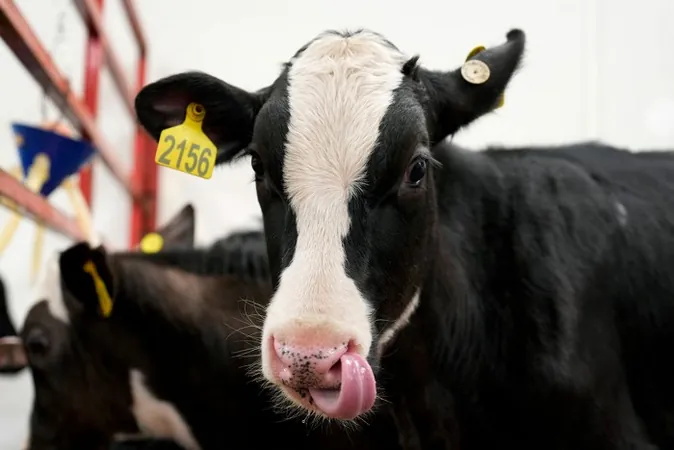
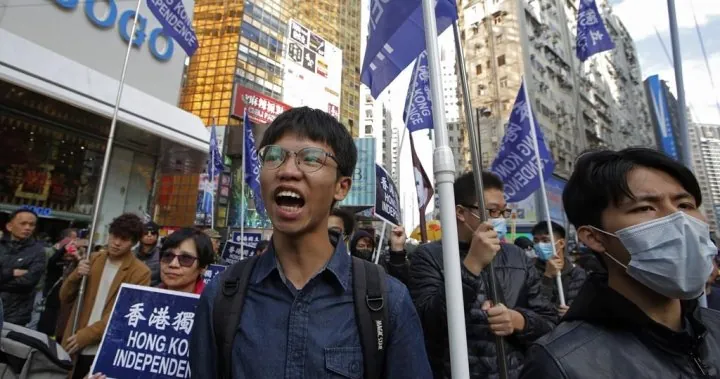


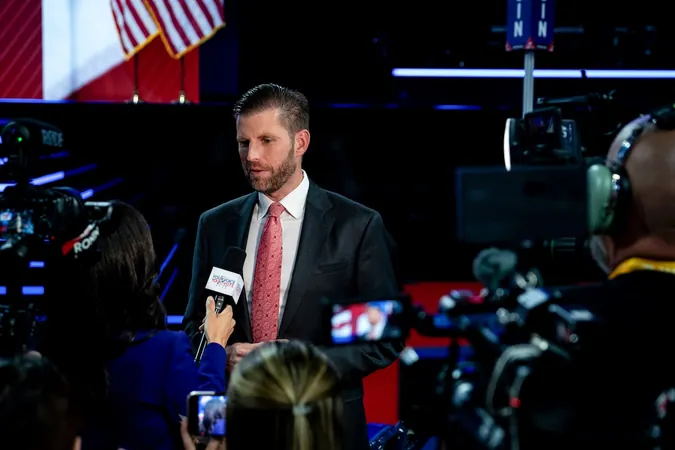

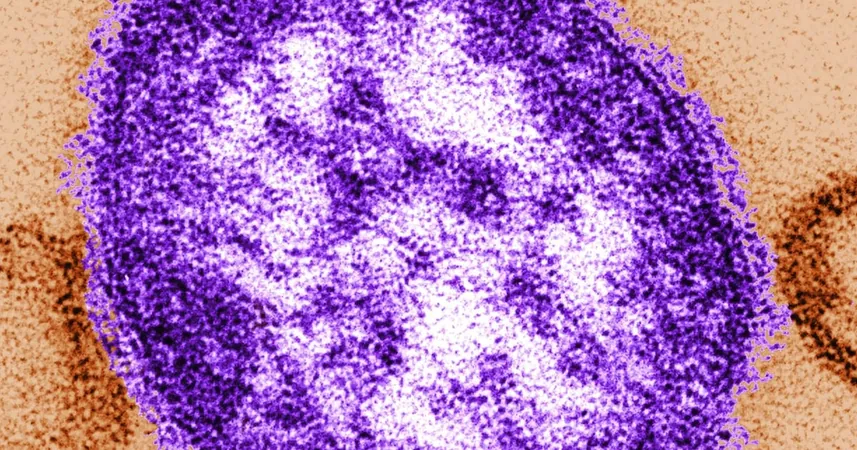
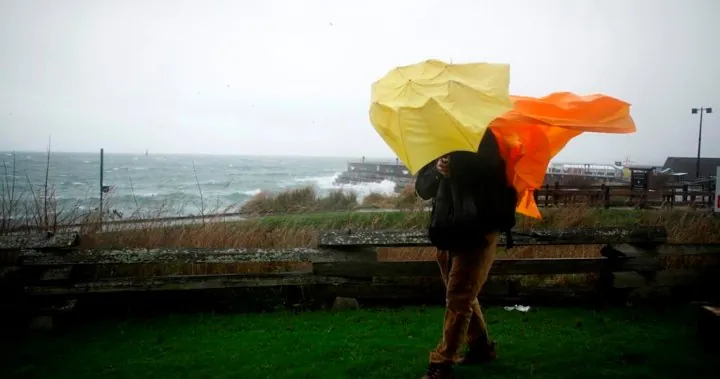

 Brasil (PT)
Brasil (PT)
 Canada (EN)
Canada (EN)
 Chile (ES)
Chile (ES)
 España (ES)
España (ES)
 France (FR)
France (FR)
 Hong Kong (EN)
Hong Kong (EN)
 Italia (IT)
Italia (IT)
 日本 (JA)
日本 (JA)
 Magyarország (HU)
Magyarország (HU)
 Norge (NO)
Norge (NO)
 Polska (PL)
Polska (PL)
 Schweiz (DE)
Schweiz (DE)
 Singapore (EN)
Singapore (EN)
 Sverige (SV)
Sverige (SV)
 Suomi (FI)
Suomi (FI)
 Türkiye (TR)
Türkiye (TR)